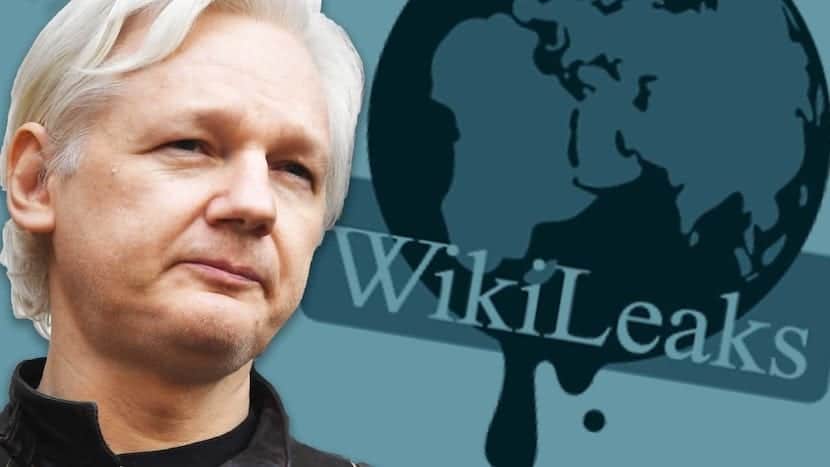
The creator of Wikileaks leads locked up in the Ecuadorian embassy in London for six years, something of which the Ecuadorian government seems to start getting tired, especially every time Assange starts up the machinery to create controversy and get into political events.
After several warnings, the government of Ecuador has decided to leave Assange offline, so that at this time he has no way of communicating with the outside of the embassy, where he is being held, since if he steps on the street the British government has an order to arrest him and probably extradite him to the United States.

The government of Ecuador has published an official statement on its social networks in which it is informed about the decision and the reason that has led it to take it. The government of Ecuador, in recent years, has suffered a great deal of pressure to hand over Assange to the authorities, refusing all of them. To try to prevent Assange from being every two by three at the center of the controversy, for whatever political reason, the Ecuadorian government reached an agreement with him not to post messages that "involve interference in relation to other States".
According to the Government of Ecuador "The behavior of Assange, with his messages through social networks, puts at risk the good relations that the country maintains with the United Kingdom, and with the rest of the States of the European Union and other nations" . To avoid possible damage, the embassy in London has interrupted the communication with the outside to which Assange had access from March 27. The statement ends by stating that the Ecuadorian Executive reserves the adoption of new measures in the event of a breach of the commitment by Assange.